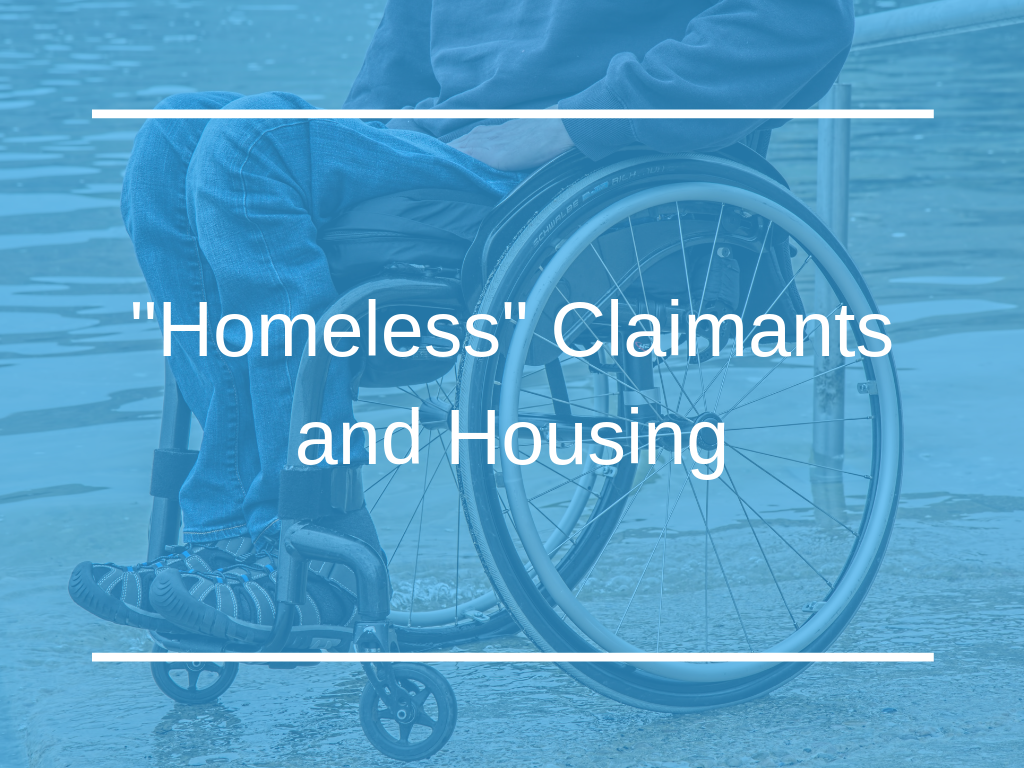
If a catastrophic injury at work has left you permanently disabled, your ability to live safely and autonomously may hinge on making modifications to your home. To accommodate a wheelchair, for example, you might need to widen doorways, install ramps, and remodel bathrooms and kitchens with accessibility in mind.
Making home modifications is costly and difficult even in the most straightforward of cases. But what happens if you don’t own your home? When you rent from a landlord, live with a family member, or live in a mobile home, you may find that your employer’s workers’ compensation insurance carrier is resistant to paying for modifications to a home that isn’t a “permanent residence,” or a home you own. It comes down to the fact that the carrier doesn’t want to have to pay for the renovation, only to have you move out a few months or years later.
Disabled Workers Deserve a Normal Life
For the disabled, however, home modifications are not negotiable—they are a lifeline. Installing a grab bar in the shower or wheelchair-accessible bathroom fixtures can make all the difference between showering at home or having to be bathed at a skilled nursing facility. If stairs or a narrow front door restrict wheelchair access, a person might not even be able to get inside without installing a ramp and widening the door. In short, your right to an accessible home doesn’t go away just because you don’t have a deed to a house.
Cost of Modifying Temporary Housing
Under Virginia law, employers and their insurance carriers must pay for medically necessary automobile and home modifications for an employee who is hurt on the job. However, under the Virginia Workers’ Compensation Act, the insurer is only required by law to pay for up to $42,000 of the associated costs.
The federal Fair Housing Act and Fair Housing Amendments Act require landlords to allow tenants to make their homes accessible.
However, the tenant often must shoulder the cost. Renters are generally expected to bear the expense of restoring the property to its original state after they move out, as well. If you’re a renter, it’s just good sense to keep costs low, especially if you don’t think you’ll live in your current residence forever.
But keeping costs down is hard to do where accessible home modifications are concerned. The costs of housing a disabled worker add up quickly and can quickly escalate out of range for those who are unable to work.
For example, a wheelchair ramp and stair glide can cost up to $4,000 each, a roll-in shower up to $6,000, and lowered kitchen cabinets, countertops, and appliances up to $15,000. It might run you $700 just to widen one doorway.
Low-Cost Modifications
Even with disability benefits, the costs of making home modifications may soar beyond what a family can afford. However, affordable solutions do exist.
To cut costs, tenants who are in need of affordable home modifications should look for temporary modifications whenever possible. The following swaps will help you save money while making your home more accessible:
- Instead of buying a permanent wheelchair ramp, rent one or purchase a portable folding ramp that can be easily moved.
- Instead of installing a roll-in shower, purchase a bath bench or bath lift and install a handheld showerhead.
- Instead of installing a higher toilet, purchase a toilet seat lift.
- Instead of widening doorways, remove doors temporarily, install swing-away hinges, or reverse the swing of a door to allow it to open wider.
- Instead of adding kick plates to doors, install rubber bumpers on the wheelchair footplates.
- Replace raised thresholds with tapered thresholds.
- Instead of installing lower kitchen cabinets and countertops, use a pull-out cutting board or a board placed across an open drawer as a work surface.
- Instead of replacing kitchen appliances, build a “mini-kitchen” on an accessible rolling cart that houses a microwave and necessary utensils.
Protect Your Rights with a Virginia Workers’ Compensation Attorney
No matter where you live, you deserve a home you can live in. At the Injured Workers Law Firm, we are committed to serving our clients with compassion, respect, and care. All the while, we will fight to get our clients the benefits they deserve for their workers’ compensation claims.
Don’t think for a second that insurance companies will pay up without a fight. We will help you get the money you need to pay for the home modifications you need. Please contact us today to schedule an appointment with a Virginia workers’ compensation lawyer.
About the Author: Michele Lewane
The Injured Workers Law Firm is a Richmond, Virginia based firm solely focused on serving clients with workers' compensation claims in Virginia. If you have questions about your benefits or if you would like more information on the Virginia workers’ compensation system, order our book, “The Ultimate Guide to Workers’ Compensation in Virginia” , or call our office today (804) 755-7755.


